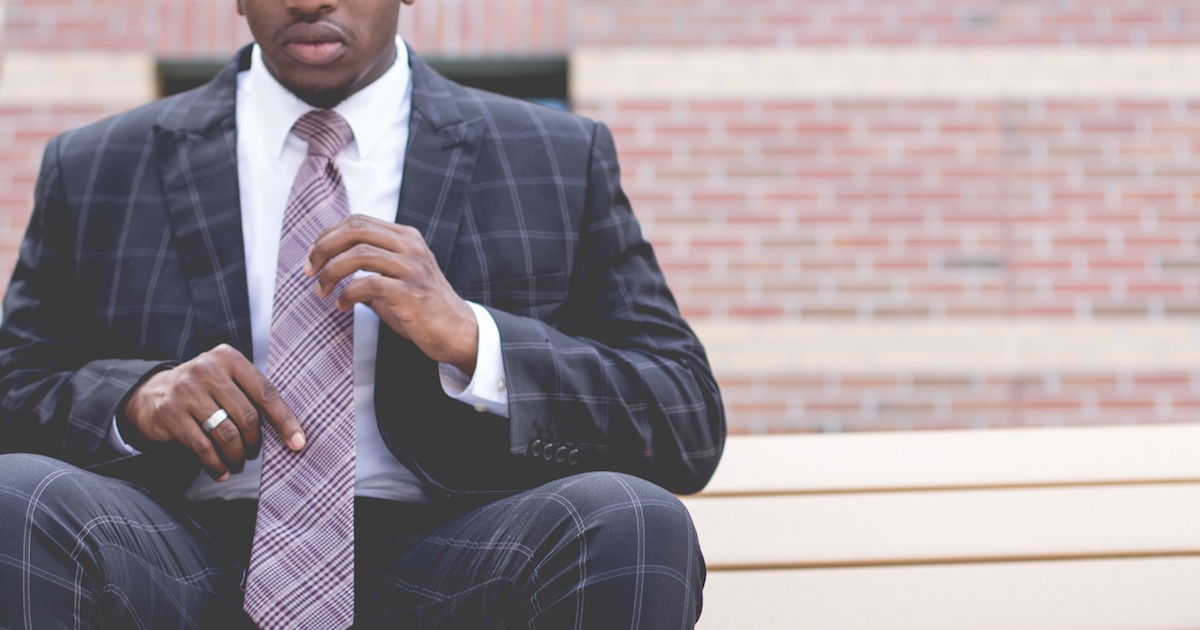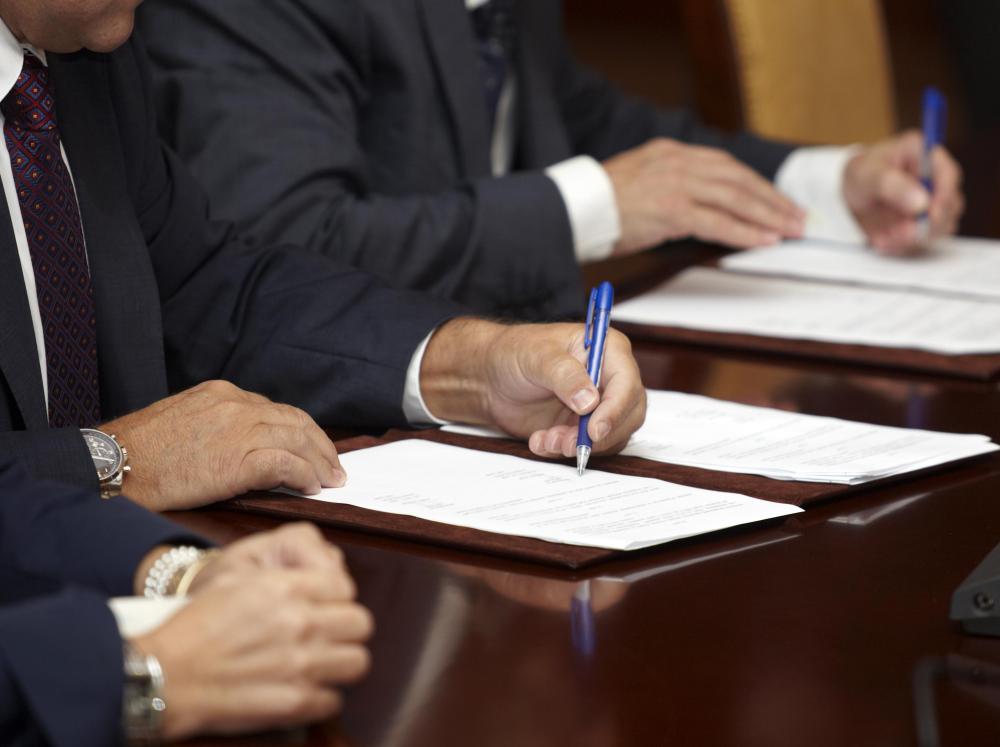Not known Details About Where Do Lawyers Work
You get laid off to do ordinary things a whole lot, essentially in a small room by yourself, bordered by boxes of documents to sort out, she claims. "You are, certainly, well paid, so amongst younger legal representatives as well as students there is the feeling that we're well paid for a reason ie, to be in the workplace whenever required." The pay is undoubtedly high.
Even a normal Magic Circle starting wage is 85,000, even more than three times the nationwide ordinary UK wage. High spend for the sake of it evidently leaves millennials chilly, however. Nico Beedle, a young companion at boutique law office Merali Beedle, states he did not like the absence of financial incentive at his previous company, a worldwide law firm.
The firm Mr Beedle currently operates in utilizes its lawyers on a working as a consultant basis, which permits staff members to have complete control over the hours they function in exchange for a varying salary. The compromise, he claims, is between the security of a fixed wage and the liberty of versatile working.
Nico Beedle favors the flexibility of dealing with a consultancy basis Anna Gordon Working as a consultant EY has found that millennials may be most likely to choose the former alternative they reward adaptable working greater than any kind of various other generation and also standard law practice have actually begun to bear in mind. Indeed, they are filtering this millennial-attractive strategy throughout their company.
Facts About Who Is A Lawyer And What Do They Do Revealed
It is staffed by lawyers who have actually chosen a far better work-life equilibrium than is normally required by the company, for a cut to their pay. The company says it has actually shown extremely popular with staff. "It stunned us that several of our great legal representatives asked to move to the Rockhopper program," says James Davies, joint head of the firm's work regulation method.
Senior Lewis Silkin legal representative Denise Tomlinson functions from another location southern of France. She explains "a big perspective change" in legal circles as well as a newfound regard for those that are in the millennial style "not motivated by status or cash"." It utilized to be that if you were an elderly lawyer of 10 years-plus that had not made partner, you were seen as a little bit of a failing," she says.
New york city attorney Michael Cohen made headings again after exposing that he covertly recorded conversations between himself and his client, President Donald Trump. Analysts have fasted to denounce this habits as unethical. Cohen tape-recorded the discussion in New york city, which is a one-party authorization state. N.Y. Penal Legislation Sections 250.00, 250.05.


Such conduct would certainly be illegal in California, which is a two-party authorization state. Cal. Penal Code Section 632. However validity aside, thinking about an attorneys fiduciary connection with his/her customers, is such actions unethical Not a Situation of First Impression Although an attorney secretly tape tape-recording a customer is certainly unusual, it is not unprecedented.
The Ultimate Guide To What Do Lawyers Study
In California, in the 1960s, Formal Point Of View 1966-5 (1966) checked out the situations under which California legal representatives might tape document conversations. Much of the point of view focused on the legal restrictions versus covertly videotaping others without authorization that were in result at the time. It did conclude, nevertheless, that illegally taping unsuspecting 3rd parties would likewise be dishonest-- an analysis similar to what we would conduct today in a two-party approval state.
Covert Customer Recording in New York City In Michael Cohen's house state of New York, ethics opinions over the years have reviewed whether lawyers who privately record discussions with others, while legal, are dishonest. The New York City State Bar Organization Board on Professional Ethics in Point Of View # 328 (1974 ), on the subject of Fairness as well as sincerity; Secret recording of discussion, ended that "except in unique circumstances," it was improper for a lawyer that is taken part in exclusive technique "to digitally videotape a conversation with another attorney or any kind of various other individual without very first recommending the various other party." In clarifying their reasoning, they noted that also if clandestine recording of a conversation is not illegal, "it upsets the conventional high criteria of fairness and sincerity that ought to identify the method of law and is improper" (except in special scenarios, "if sanctioned by specific statutory or judicial authority"). At the time Point of view # 328 was provided, privately tape-recording phone discussions had been considered and evenly negated by various other principles boards in different territories, with only one exemption that was not talked about in any detail.
This point of view held that as a matter of "routine method," a lawyer "may not tape document discussions without disclosing that the discussion is being taped. An attorney may, however, involve in the unrevealed insulation of a discussion "if the lawyer has a practical basis for thinking that disclosure of the insulation would harm search of a normally approved societal excellent." Viewpoint 2003-02 customized two earlier opinions: NY City 1980-95 as well as 1995-10. Significantly, bench association recognized that "The reality that a technique is lawful does check here not necessarily make it moral." They noted that at the time of the opinion, unrevealed insulation was unlawful in a considerable quantity of jurisdictions, backing up to their conclusion that this was a technique in which attorneys must not conveniently involve.
Bar in Ethics Viewpoint 229, Surreptitious Tape Recording by Lawyer, examined a fact pattern where a lawyer privately tapes a conference with a client as well as reps of a government firm who are investigating the customer. The opinion wrapped up that such surreptitious recording was not dishonest, as long as the legal representative "makes no affirmative misstatements about the insulation." The viewpoint reasoned that not only should the firm sensibly not expect any initial stage discussions would be private, but that they "need to anticipate that such discussions will be memorialized in some fashion by the investigated event's lawyer and that the record made may be made use of to support a case versus the firm." Concerning pertinent honest regulations, Point of view 229 assessed the fact pattern under Policy 8.4 (c) (transgression involving deceit, fraud, fraud or misstatement).
What Does What Do Lawyers Study Do?
Precedent from Other States The D.C. Bar diigo.com/0fs153 cited opinions from a number of various other states that had actually concluded it was not dishonest for legal representatives to privately tape-record their customers. They note that the Idaho bar opined that although lawyers may not covertly record telephone conversations with other attorneys or prospective witnesses, they can tape-record discussions with their own clients because these discussions were personal (mentioning Idaho Op.
130 (May 10, 1989)). They additionally mentioned the Utah Bar, which held that lawyers might surreptitiously tape-record online or mechanically communications not only with customers, but also with witnesses or various other attorneys (citing Utah Op. No. 90, undated). Practical Considerations The Texas Facility for Legal Ethics took on the lawyer-recording-client concern in 2006.
After pointing out other principles point of views on the concern, Viewpoint 575 mentioned what they think about to be reputable factors an attorney could select to record a phone call with a client or 3rd party. These include "to assist memory as well as keep an exact document, to gather information from potential witnesses, and also to safeguard the attorney from false allegations." They recognize the principles regulation at concern is Regulation 8.04( a)( 3) of the Texas Disciplinary Rules of Professional Conduct, which specifies in pertinent component that a legal representative shall not "participate in conduct including dishonesty, scams, fraud or misstatement." The issue is whether the unrevealed videotaping a call violates this provision.
ABA Formal Viewpoint 01-422 (2001 ), Electronic Recordings by Lawyers Without the Knowledge of All Individuals, states, "A lawyer that online tape-records a discussion without the understanding of the other party or events to the conversation does not necessarily break the Design Rules." (Focus added.) Point of view 01-422 additionally specifies that a legal representative might not "record discussions in infraction of the legislation in a territory that prohibits such conduct without the authorization of all events, neither falsely stand for that a conversation is not being videotaped." Within this final thought, the ABA committee withdrew one of their previous point of views, Formal Viewpoint 337 (1974 ), which discovered that morally, lawyers might not tape their discussions with others, other than potentially in instances including police workers.